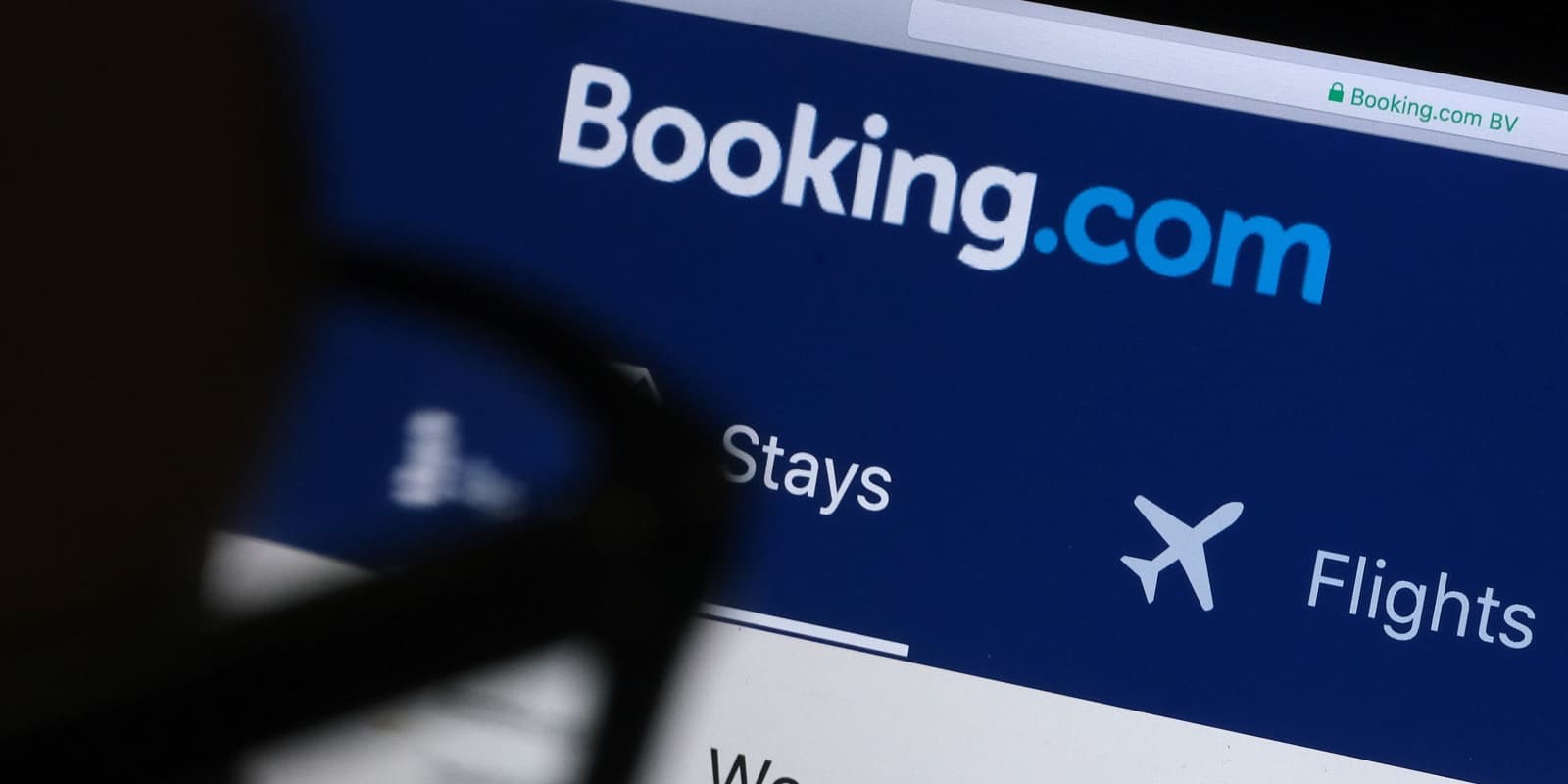South Africa’s hospitality industry has welcomed the agreement between the Competition Commission and Booking.com to address price parity clauses in its contracts with accommodation providers.
Booking.com has agreed to remove the wide and narrow price parity terms from all contracts with accommodation providers in South Africa, and from any criterion for participation in Booking.com’s incentive programmes (Genius, Preferred Partner or Preferred Plus) or any other membership programmes.
A wide price parity clause is a contractual clause that requires accommodation providers on Booking.com to publish or offer prices that are no higher than any other online travel intermediation platforms.
A narrow price parity clause requires accommodation providers listing on Booking.com to publish or offer prices that are no higher than their own direct online booking channel, such as its own website.
“Removing both these clauses effectively enhances price competition between online travel agents and allows accommodation providers such as hotels and guesthouses to price lower on their own websites for online bookings.
“These changes will also benefit consumers by providing lower price options online and will allow accommodation providers to innovate and develop their direct sales channels,” the Competition Commission said.
In addition, Booking.com will put in place a substantial programme to provide funding for initiatives to identify, onboard, promote, and grow accommodation establishments, activities and experiences provided by small to medium enterprises that are owned by historically disadvantaged persons or communities.
FEDHASA said this was a significant win for fair competition within the tourism industry and a major relief for hotels and guesthouses across South Africa.
“For too long, there were rules in place that were non-competitive, exclusionary to SMEs and detrimental to accommodation providers. Especially the price parity clauses placed undue pressure on accommodation providers, forcing them to maintain consistent pricing across all platforms, regardless of the significantly higher commissions charged by some online platforms,” the hospitality association said.
The platform’s terms have, until now, disadvantaged accommodation providers by obligating them to advertise prices on their own platforms no higher than on Booking.com’s platform, all while servicing Booking.com fees ranging from 10-25%, averaging at 15%. The commission rate varies according to one’s property type, location and cancellation policy.
“This levels the playing field and empowers accommodation providers to offer more competitive rates through their direct booking channels, ultimately benefitting South African consumers. Accommodation providers will now be able to offer fairer prices on their own advertising platforms, which will improve profit margins and benefit tourists,” FEDHASA added.
The hospitality association also applauded Booking.com’s agreement to support historically disadvantaged SMEs in the tourism sector with initiatives to assist in growing their hospitality and tourism businesses. “This commitment aligns with the industry’s goals of fostering inclusivity and sustainability in the hospitality market.”
Graham Wood, COO of Sun International, told Travel News that he was highly in favour of the ruling.
“We welcome the news because it allows hotels to regain control of their rate strategy and pricing. If a hotel wants to sell the lowest/best rate possible on their own website, they should be able to do so and this ruling allows it to happen.”
Neil Hughes, MD of Providence Hospitality South Africa, agreed this was fantastic news for the county’s hospitality industry.
“One of the biggest challenges we’ve faced in our business was to make sure people book directly with us. The ruling now assists us in doing that. Now there’s no one dictating how and where we need to price our products,” Hughes said.
Wayne Neath, Resort Sales and Tribal Chief at Dream Hotels & Resorts, added that the settlement has created optimism and renewed opportunity for South Africa’s hospitality industry, whether a large resort or a boutique guesthouse.
“The removal of wide and narrow price parity clauses marks a significant shift in how accommodation providers, especially smaller establishments, can compete and operate in the online travel market.
“For Dream Hotels & Resorts, the settlement is not just a legal adjustment but a pivotal moment to reimagine how we engage with our guests and promote our properties. It’s an invitation to rethink our digital strategies, invest in our direct booking platforms, and leverage this newfound flexibility to offer even more value to our customers. It paves the way for fairer competition, greater innovation, and a more vibrant and inclusive tourism sector,” Neath told Travel News.

